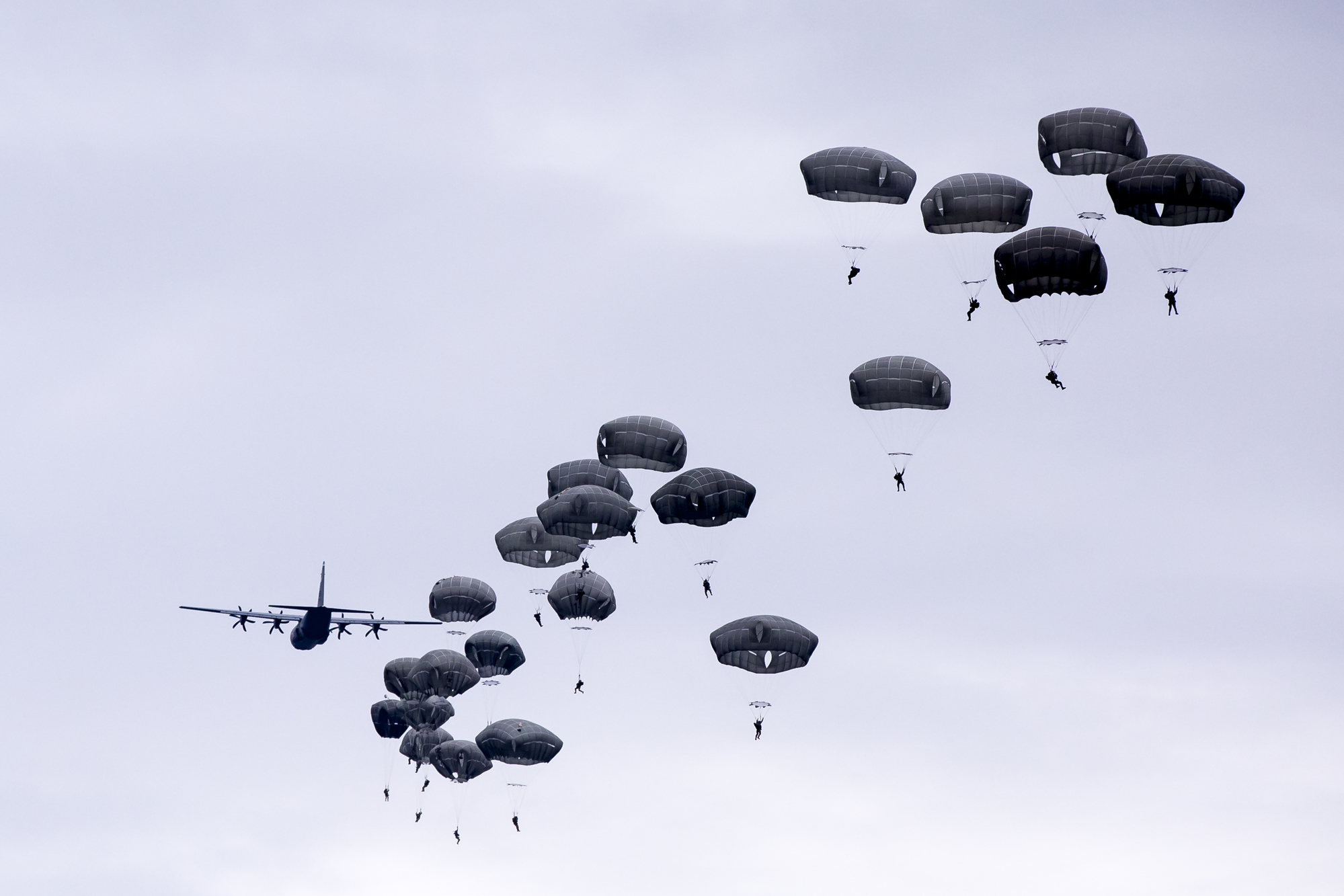On Veterans Day, we honor and commemorate the men and women who have served our country through their military service. Our focus is naturally directed toward those who fought our country’s enemies, unselfishly risking their lives to preserve a way of life that is without equal anywhere in the world. Most of these men and women have very personal stories about their war-time duty—memories about a particular event or situation that touched their lives while, in many cases, they were far from home.
In the latter part of 2010, I was privileged to learn about one of those memories from an eighty-six-year-old woman named Betty. Occupying the room next to my aunt in an assisted care facility located just outside Phoenix, Betty suffered from early onset Alzheimer’s, yet she always appeared bright and lucid, especially when sharing the latest accomplishments of her four great-grandchildren. Stopping in to see Betty after spending time with my aunt had become a regular part of my visit, and it was during one of our chats that Betty showed me a letter she’d received in 1943 from an Army Air Force Staff Sergeant stationed in Alconbury, England. It was a very unusual letter, especially since Tommy Banning had never met Betty.
During WWII, Betty worked as a parachute packer or “chute rigger.” She knew the dire circumstances that many of the men faced when they were forced to bail out of disabled aircraft, so she had developed the practice of slipping a tiny note under one of the outside flaps of the chute-bag in the hope of lifting the spirits of the soldiers who wore them. She wrote the notes at home before her shift and took them to work with her. Although Betty composed different messages, this is the one she most frequently penned: “I hope you never have to use this, but if you do, don’t worry, I took extra care in packing it – Betty”
She had been “personalizing” her work for about four months when one of her notes received the following reply:
Dear Betty,
My name is Tommy Banning and I’m twenty years old (or will be on October 14). I’m a turret gunner on a B-17 and I’m stationed at Alconbury, England. I found out there are two places our company’s chutes are packed. Since I only know your first name, I’m writing to both places on the chance this letter will find you. I found your note inside my chute and after reading it, I put it in my pocket. At the time, I didn’t know why. Now I do.
Two weeks ago we were flying a mission over Regensburg, Germany. At first nobody thought the hit was serious. We’re hit with flack all the time. And just like always we kept flying through it. But after another minute or so we started to lose altitude. Three shorts on the alarm told us to put our chutes on. Then the captain told us the outboard engines were gone and the hydraulics were shot up. He was going to try to hold the plane level as long as possible but it wasn’t long before we were more nose down than level. I don’t remember hearing the order to bail out. It just seemed like we were all moving toward our assigned hatch. I don’t think any of us really thought about what we were doing, we just did it the way we’d been taught.
The air blast was hard, like hitting a wall. And then for the first time I was scared. There hadn’t been time to think about it before but now I was falling. I got a glimpse of the plane once but then it was just blurred sky and clouds and the ground and the sound of the air rushing by me. And then I heard the pop and felt the jerk that brought me right side up. I looked up and saw white. Below me the ground was where it should be.

There were ten of us on the plane. Six of us found each other on the ground right away. I can’t tell you where we were when we went down but we stayed together until a resistance unit picked us up the following day. The other four men are still missing.
I know the work must be backbreaking. Standing on your feet all day, carefully folding to make sure nothing gets tangled. So I thought you should know that every time I look at a chute I think about you. Even though I’ve never met you or have any idea what you look like, I think about you. Because the chute you packed saved my life that day.
Like I said, I found your note inside my chute that morning and shoved it in my pocket. And at the time, I didn’t know why I kept it. Now I do.
I’ve included my address so you can write and tell me if this letter gets to you. It would mean a lot to me.
“Did you answer him?” I asked.
Betty nodded. “I did. I sent him a birthday card.”
Being a romantic at heart, I immediately pursued the possibilities. “So did you correspond back and forth? Did you have a chance to meet him after the war?”
Betty reached out and took the letter, skimming over the faded ink with her arthritic-plagued fingers, doing her best to fold it and place it back in the envelope. “It was a month or so before I received another letter,” she said. “It came from some captain or group leader—I forget which. He said his crew had celebrated Tommy’s birthday early in the morning over breakfast. The men had raised their coffee cups in a toast. It was all they had time for.”
“Did you ever hear from him again?” I asked.
“No, dear. Never again.”
I could see how tired she was, so I said my goodbyes and left.
Five months later, Betty was gone.
It took over six months of researching archives and surviving veterans groups to piece together the rest of Tommy’s story. And through the gracious cooperation of Betty’s family, I was eventually able to get a copy of Tommy’s letter.
Here’s what I learned: There was a reason Betty never heard from Tommy again—one that she had either forgotten or simply didn’t want to talk about. On October 14, 1943, a force of two hundred ninety-one B-17’s attacked the ball-bearing works at Schweinfurt, Germany. The planes were met by over three hundred German fighter aircraft. The ensuing battle resulted in the loss of sixty B-17’s shot down over Germany, and five more crashing short of the runway as they attempted to land in England. Over six hundred men did not return from that mission. Tommy was one of them. On his twentieth birthday, Tommy’s plane was hit by rocket fire. It exploded over the skies of Germany, killing all on board.
The group leader had written to Betty because of how much her birthday card had meant to Tommy. It had been found inside the lid of his storage chest when his personal items were removed from the crew quarters. Since both of Tommy’s parents were deceased and he had no siblings, it was the only card he had received.
While it’s difficult to imagine what Tommy experienced that day, I like to think he took a moment to read Betty’s card just one more time before he left for the airfield, happy that he had made a new friend, someone who cared enough about him to remember his twentieth birthday. Maybe he was thinking about her as he took his position behind the ball turret’s machine gun, even considering the possibility that Betty might turn out to be much more than just a “pen-pal.”
This I know for sure: Nearly seventy years later, a woman named Betty still kept his letter as one of her most cherished possessions. To her, it was part of Tommy’s legacy—a roughly written note of appreciation, thanking her for her tireless efforts that had saved his life on an August day in 1943.


